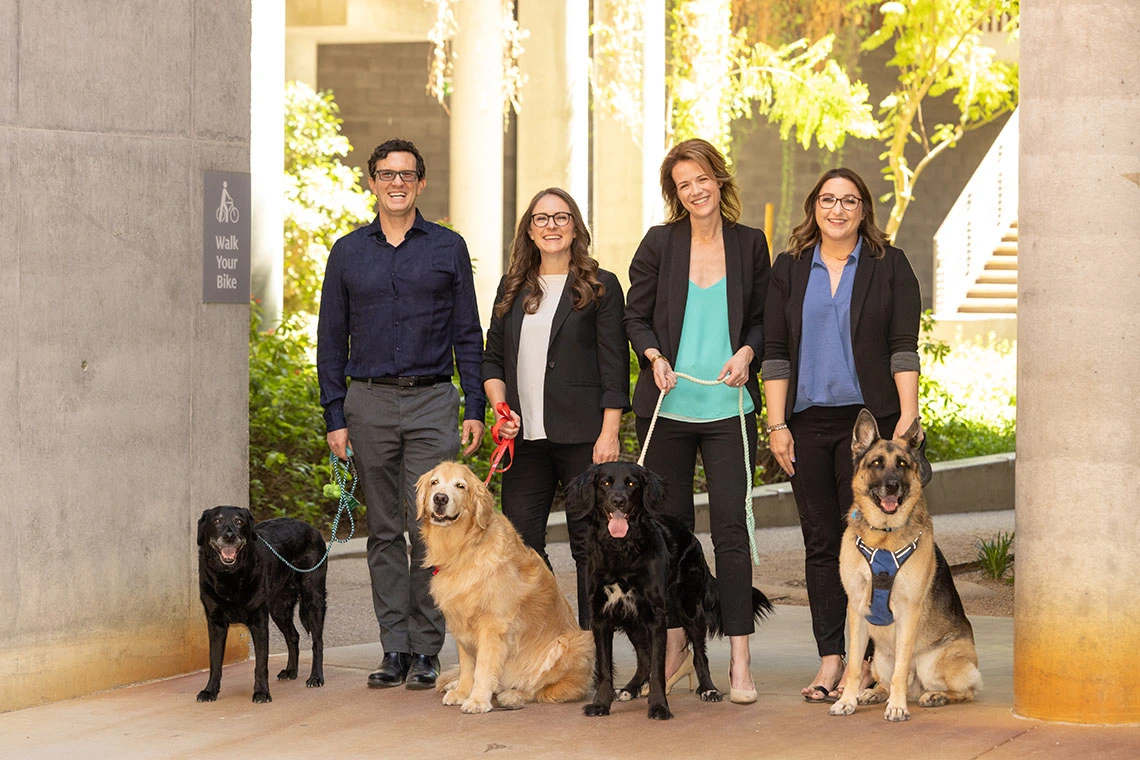Human-Animal Wellness Research

What is Human-Animal Wellness Research?
Human-Animal wellness research refers to the study of how relationships or interactions between a person and a non-human animal can impact the well-being of both groups involved. While humans have lived alongside animals for thousands of years, research in this field is relatively new. One key aspect of human-animal well-being research is the human-animal bond—a mutually beneficial relationship that can influence the health and well-being of both people and animals. Some studies suggest that interacting with animals may improve physical and mental health, as well as enhance aspects of daily life. Similarly, certain interactions may benefit animals, potentially reducing anxiety and promoting better health. However, these effects are not universal, and further rigorous research is needed to fully understand the outcomes of human-animal interactions.
Invest in a Healthier Future
We house the largest faculty group dedicated to studying how the human-animal relationship can affect the health of animals, humans, and our communities. Join our efforts to advance human and animal health globally through financial support.
Human-Animal Wellness Research Labs
Discover the innovative research shaping the future of Human-Animal Wellness at the Arizona College of Veterinary Medicine. Our diverse lab groups explore the many ways animals impact human health and wellness—from service dog partnerships to public health and animal-assisted interventions.
HAI Research Series
Discover the latest insights on human-animal relationships through our ongoing series of scholarly talks and discussions. Join our interdisciplinary community of experts—from veterinary medicine and animal cognition to psychology and anthropology—as we explore the many ways humans and animals connect. Be part of the conversation—attend an upcoming session.
